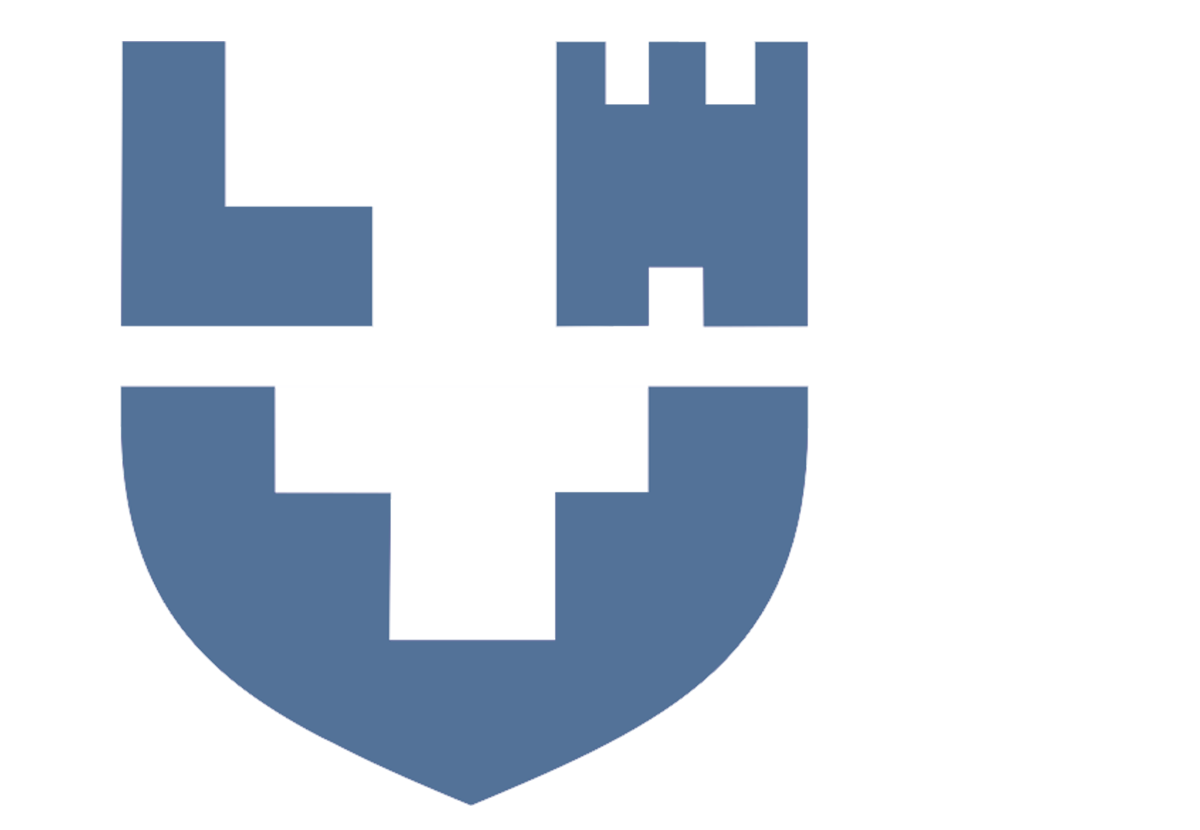Method of moments as instrument of computer diagnostics of educational process (on the example of learning of programming).
Keywords:
statistical distributions, method of moments, competencies, model, education, knowledge, skills.
Abstract
The author has carried out the model analysis of the dynamics of transformations of statistical distributions of the speed of academic activities of big group of students. For the research of changes, the author has used the mathematical apparatus of the method of moments. The analysis of dynamics of changes of the moments of distribution of the first – fourth order that take place in the course of education provides the basis for the objective integral evaluations of the process of education.
References
Kuharenko, V., Berezenska, S., Bugaichuk, K., Oliynyk, N., Oliynyk, T., Rybalko, O., Syrotenko, N., and Stoliarevska, A. (2016). Theory and practice of mixed education. Kharkiv: "Miskdruk", NTU "KPI".
Tryus Y.V. (2012). The system of electronic education of higher educational institutions based on MOODLE: Methodical manual. Cherkasy.
Glass, J. (1976). Statistical methods in pedagogy and psychology. Moscow: Progress.
Cramer H. (1975). Mathematical methods of statistics. Moscow: Mir.
Holovin, M.B. (2011). Research of learning processes on the basis of the analysis of moments of statistical distributions of speed of educational actions (on materials of studying of computer science). Psychological perspectives, 18.
Holovin, M.B. (2015). The formation of knowledge on informatics in the process of designing hierarchical circuits and statistical analysis of these learning actions. Scientific Journal of National Pedagogical Dragomanov University. Series 2. Computer-Oriented Learning Systems, 16 (23).
Holovin, M.B. (2015). Investigation of patterns of formation of cognitive-conceptual schemes of hierarchical type by methods of statistics. Psychological Perspectives, 26.
Chuprikova, N.I. (2014). Differential-integral theory of development. Book 2. Moscow: Yazykislavyanskikhkul’tur.
Miller, G.A. (1964). The magical number seven, plus or minus two. Moscow: Progress.
Bulakh I.E. (1995). Theory and methodology of computer testing of educational success (on materials of medical schools). National Academy of Educational Sciences of Ukraine
Tryus Y.V. (2012). The system of electronic education of higher educational institutions based on MOODLE: Methodical manual. Cherkasy.
Glass, J. (1976). Statistical methods in pedagogy and psychology. Moscow: Progress.
Cramer H. (1975). Mathematical methods of statistics. Moscow: Mir.
Holovin, M.B. (2011). Research of learning processes on the basis of the analysis of moments of statistical distributions of speed of educational actions (on materials of studying of computer science). Psychological perspectives, 18.
Holovin, M.B. (2015). The formation of knowledge on informatics in the process of designing hierarchical circuits and statistical analysis of these learning actions. Scientific Journal of National Pedagogical Dragomanov University. Series 2. Computer-Oriented Learning Systems, 16 (23).
Holovin, M.B. (2015). Investigation of patterns of formation of cognitive-conceptual schemes of hierarchical type by methods of statistics. Psychological Perspectives, 26.
Chuprikova, N.I. (2014). Differential-integral theory of development. Book 2. Moscow: Yazykislavyanskikhkul’tur.
Miller, G.A. (1964). The magical number seven, plus or minus two. Moscow: Progress.
Bulakh I.E. (1995). Theory and methodology of computer testing of educational success (on materials of medical schools). National Academy of Educational Sciences of Ukraine
Published
2020-03-17
How to Cite
Holovin, N., Holovina, N., Huzachov, D., & Holovina, N. (2020). Method of moments as instrument of computer diagnostics of educational process (on the example of learning of programming) . COMPUTER-INTEGRATED TECHNOLOGIES: EDUCATION, SCIENCE, PRODUCTION, (38), 67-78. https://doi.org/10.36910/6775-2524-0560-2020-38-13
Section
Computer science and computer engineering



